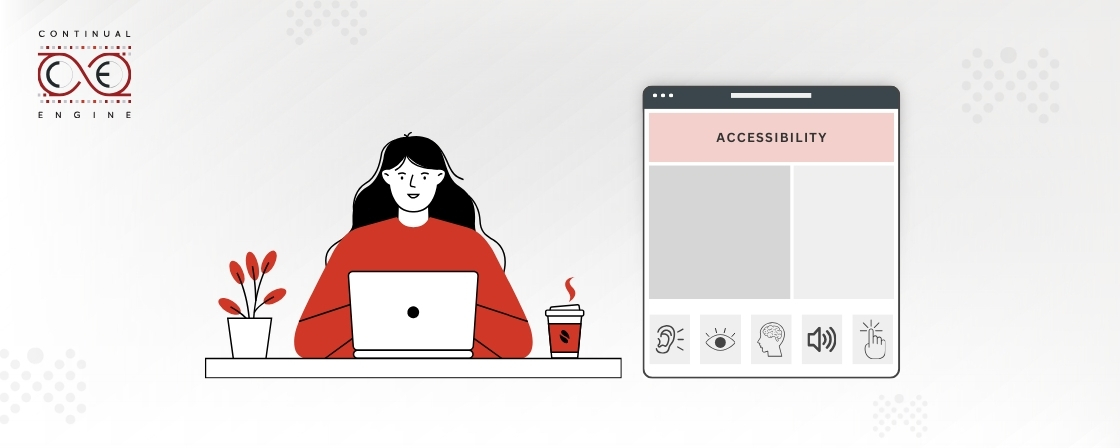What is BITV?
The Berlin Barrier-Free Information Technology (BITV) is an ordinance enacted by the Federal Ministry of Labor and Social Affairs and the Federal Ministry of the Interior of Germany in 2002 based on the disability discrimination act. According to the BITV, people of all abilities should have equal, comprehensive, and unrestricted access to information and communication technology. BITV applies to all websites, mobile applications, intranets, extranets, electronically supported administrative processes, and graphical program interfaces.
German Accessibility Laws
Gesetz zur Gleichstellung von Menschen mit Behinderungen (BGG)
Also known as the Equal Opportunity Act, the BGG was established to ensure that those with disabilities have equal rights and opportunities. The BGG law requires government buildings and public spaces in Germany to be physically accessible to all. The BITV is an extension of physical accessibility to the digital world.
Barrierefreiheitsstärkungsgesetz (BFSG)
Who Needs to Comply With BITV?
- Hardware: Computers, servers, networking equipment, mobile devices, and other tech-related devices.
- Software: Mobile applications, web applications, operating systems, programming languages, and other types of software.
- Services: Web-hosting, cloud computing, internet service providers (ISPs), and other IT-related services.
Accessibility Requirements of BITV and BGG
- Media: All images must be accompanied by ALT text, subtitles, or transcripts for audio and video content.
- Links: Enabling keyboard navigation for all clickable links on the page.
- Color: All colors should be properly contrasted to ensure clarity and visibility for all users.
- Formatting: All documents and webpages should be formatted for readability and clarity of textual information. The content should be accessible with screen readers.
- Structure: The content should have appropriate titles, headings, and sub-headings.
German Accessibility Laws and WCAG Compliance
Read More: WCAG Compliance
